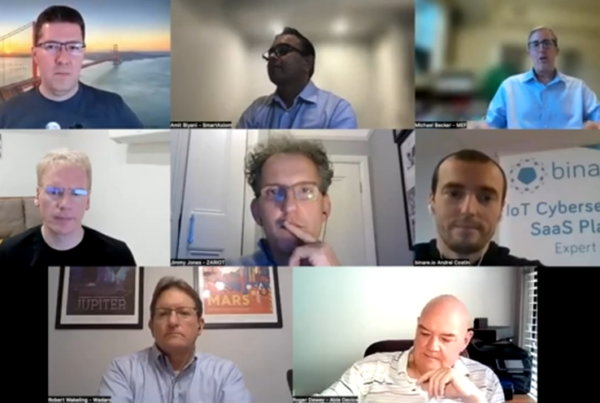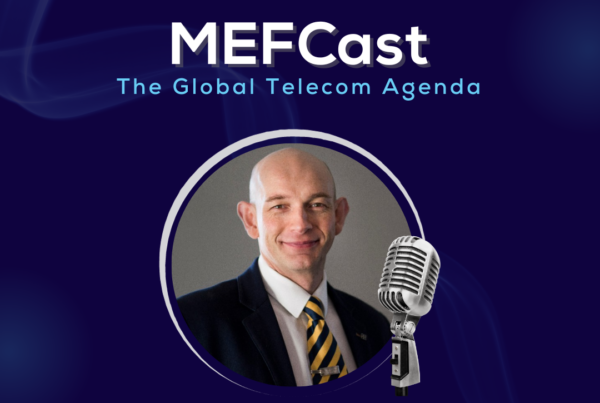Iain McCallum, mobile industry veteran and MEF Advisor explores the future of Trust and identity in the digital eco-system in a series of webinars and articles. Here he shares impressions from the EEMA London event and outlines some of the discussions being held about current thinking on digital identity and what our online interactions may look like in the future.
Enterprises today are looking at ways of improving customer engagement and, at the same time, mitigate security concerns and fraudulent transactions. The new roles of ‘digital identity solution provider’ are emerging to solve these challenges, and help businesses move away from the leaky, creaking old paradigm of username/password sign-on.

The 32nd Annual Conference of EEMA was entitled ‘Empowering Business Through Digital Transformation’ and, naturally, digital identity was front and centre in the range of topics discussed. Digital identity solution providers were meeting to discuss the latest innovation and trends in the market, including MEF members iProov (see an interview with Andrew Bud on the topic) and mVine (see an interview with Frank Joshi) amongst many others, were recent attendees at the EEMA 32nd annual conference,
It is MEF’s intent to work with our members and other organisations in our Personal Data Programme to help accelerate the deployment of universal identity solutions to meet the white-hot pace of technological change that affects us all in our daily lives.“
Depending on who you speak to, digital identity solutions range from, at one end of the spectrum, the big, government-backed, single ‘Big Brother’- type databases of a kind that, (as UK citizens outright rejection of a national identity card scheme a few years back might suggest), can significantly raise anxiety levels in citizens who fear that governments, (or bad actors within a government), might be tempted to use such a device to undermine their hard-won democratic freedoms.
At the other end of the spectrum is the fully dispersed, federated identity model where the citizen themselves becomes the custodian of their own identity attributes and decides on a case-by-case basis what information is passed to a third-party to assert their identity for any type of online transactional activity – this could be to access their tax or health records as well as to enable online purchases from digital retailers.
However, it is far from clear whether or not citizens will be sufficiently motivated to deal individually with every single request that comes with interacting in the digital world today, even less so as our reliance on digital increases year on year.
Add to this, biometric, behavioural and other attribute solutions aimed at helping Enterprises reduce their exposure to fraud and data breaches, then choosing a way forward with any confidence can be a forbidding and onerous task.
It is MEF’s intent to work with our members, ranging from retail brands and financial institutions to mobile network operators and identity solution providers, and other organisations in our Personal Data Programme over the coming months to help accelerate the deployment of universal identity solutions that work in today’s complex and diffuse digital ecosystem and to lobby for regulation that is fit-for-purpose and can adapt to meet the white-hot pace of technological change that affects us all in our daily lives.
Iain is a MEF Advisor and has, since 2012, worked extensively with mobile network operators across Europe and the Russian Federation to drive adoption and uptake of the GSMA’s Mobile Connect identity, RCS and Smart Cities initiatives. Prior to this, he ran third-party Messaging at Telefonica O2 UK from 2002 until 2010, working with Aggregators and Brands (Lloyds, ITV, C4, et al), driving the uptake of premium and bulk services and managing the issues of self regulation (PayForIT, a UK joint-MNO initiative), and subscriber protection.





